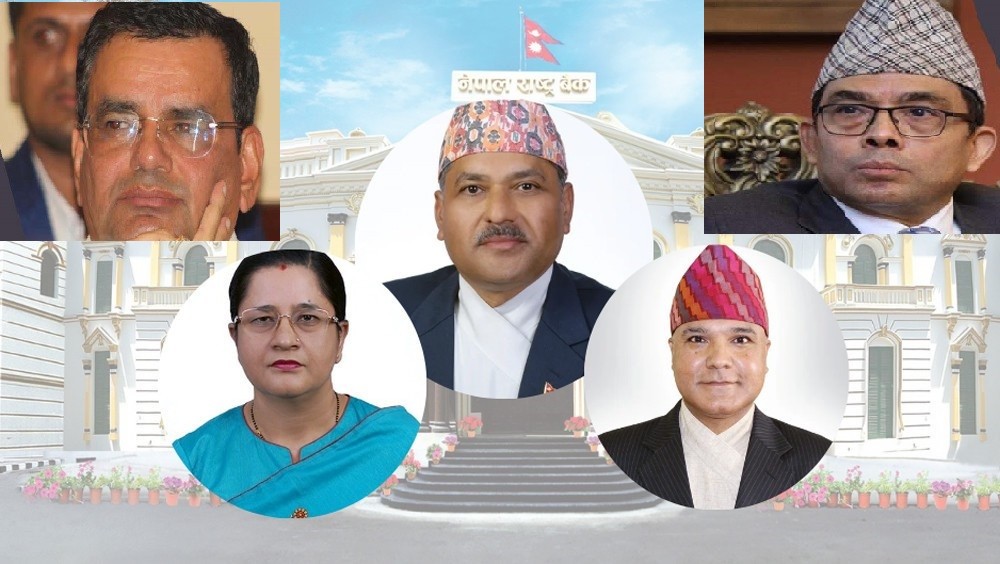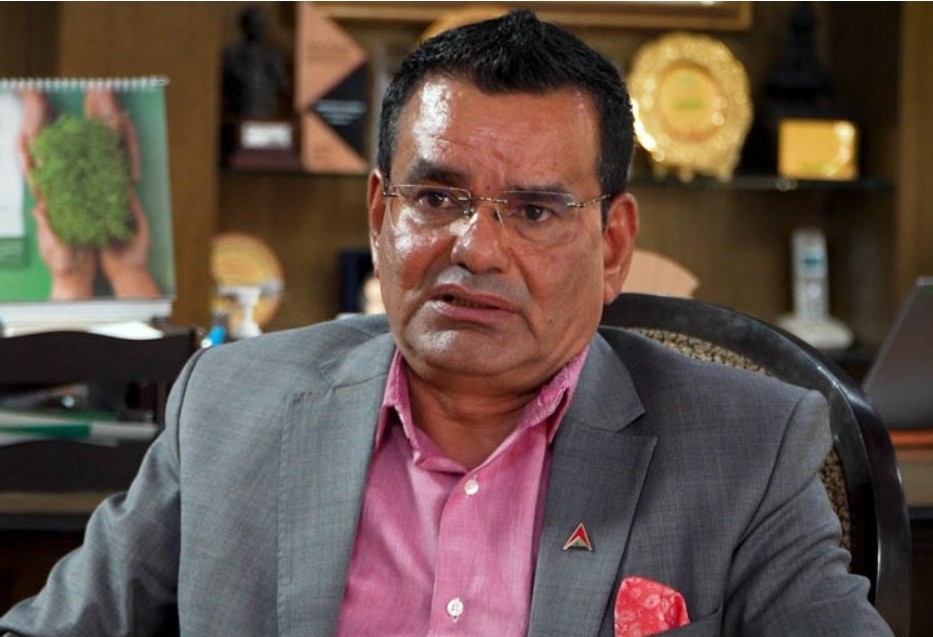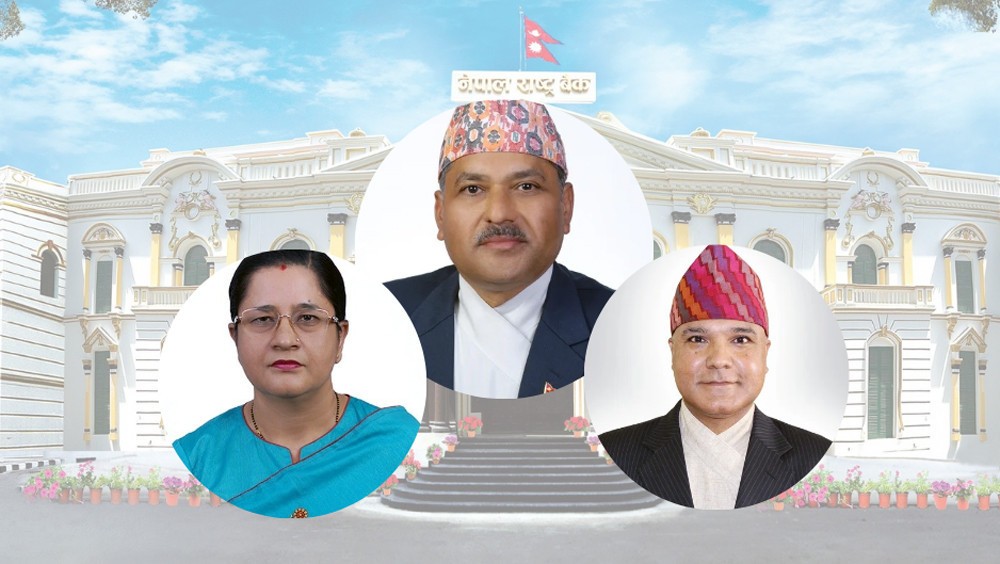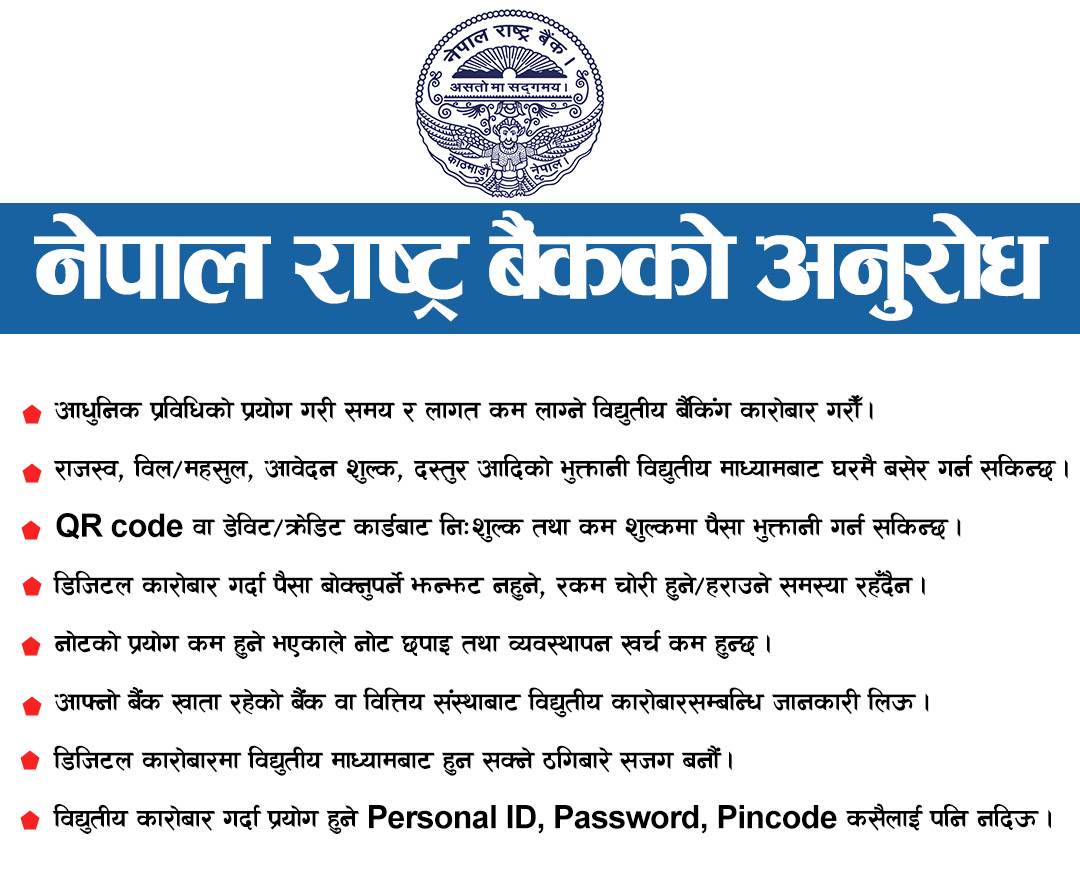After the ban of INR 2000 notes in India that may be increase to keep black money in Nepal
May Mon 2023 03:34:26
1193 views
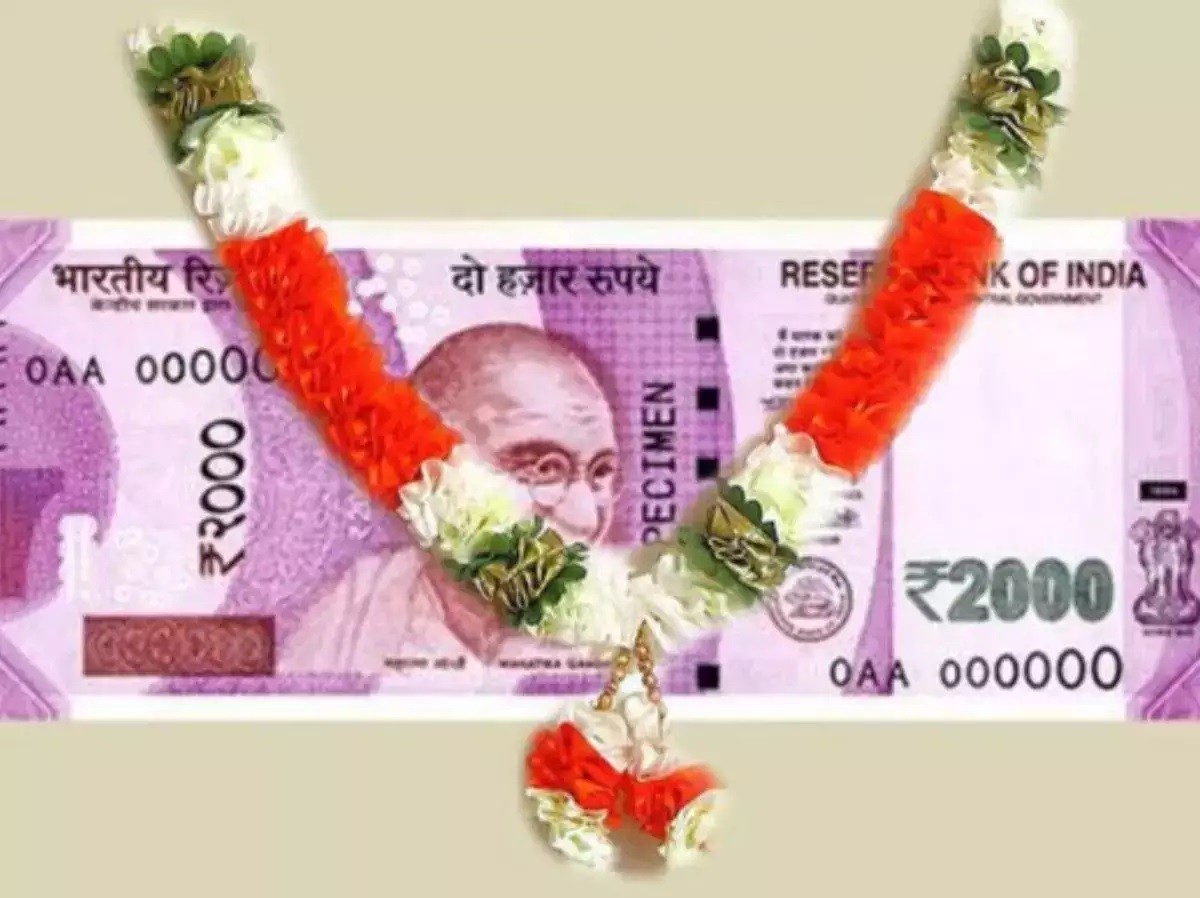
Kathmandu. The central bank's decision to remove the 2000 note from circulation in India has caused an uproar. It is certain that it will have a significant impact on the Nepalese economy. The Indian central bank 'Reserve Bank of India - RBI' said through a statement last Friday that it will withdraw 2000 rate notes from the market. Opposition parties in India have been commenting strongly on this decision.
Indian Prime Minister Narendra Modi gave a message in the middle of the night in October 2073 and announced that the 500 and 1000 currency notes in circulation at that time have been banned. The incident was initially said to be a government action against black money. But even now there is talk of black money in India.
India has said that it will not print new notes of 2000 for the time being. According to the government side, 2000 notes have been issued for immediate management so that the citizens will not have any problem in getting the small rate notes and using them during demonetisation. Lok Sabha (similar to Nepal's House of Representatives) elections are coming up in India next year. Many have said that they are trying to remove large notes from the market in view of this election.
Recently, India has signed an agreement with 18 other countries to conduct international trade in India. On the one hand, countries all over the world are facing problems due to lack of dollars, on the other hand, China has started to establish its currency Yuan as an alternative to the dollar, India has also started the internationalization of currency.
As it is more reliable than Nepali currency, the trend of holding property in Bharu has increased. It is estimated by the police that the families that have the largest dominance in the industry or business sector in Nepal are accumulating wealth in one way or another in India. Earlier, businessmen had also been demanding the Rashtra Bank to bring 2000 rupee notes into circulation in Nepal.
But after India changed its currency decision twice in the space of six-and-a-half years, hoarding wealth in India is proving to be risky. If someone has stored cash in India and accumulated their wealth, then it will affect such businessmen or leaders etc. They may have to pay a huge price to exchange the notes they have as before.
This also gives a big blow to the reliability of Bharu notes. As those notes are not circulating in Nepal and are frequently banned in India, it will be difficult to accumulate wealth in large currency notes. It can help Nepali businessmen to bring property in Nepal.
Another risk is that the stock of Nepalese notes may increase. It may become a practice to store property in Nepali currency. On top of that, there is little possibility that even Indian businessmen and rich people can store Nepali currency.
According to Nepal Rastra Bank, as of the end of March last year, notes worth 5 trillion 19 billion 1457 million are in circulation in the Nepali market. This is about 7 billion less than March of last year, but 13 billion more than last June. Meanwhile, the Nepalese economy has slowed down. People don't have money, aggregate demand is low. Money has been accumulated in the bank, but the citizens' pockets are empty.
Even in such an environment, the presence of so much money in the market has raised doubts. Rashtra Bank Governor Maha Prasad Adhikari also expressed his concern in a public event that despite the significant improvement in electronic payments, the amount of cash in circulation has not decreased. Now, if most Nepalis and some Indians use Nepali notes to hide black money, there is a risk that the current liquidity problem in our financial system will increase.

